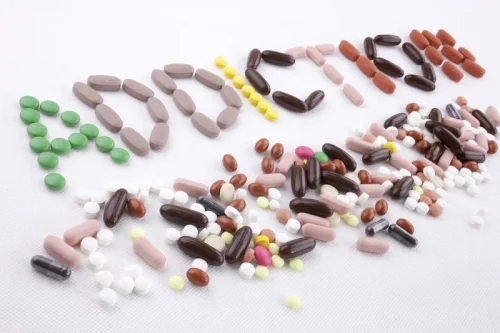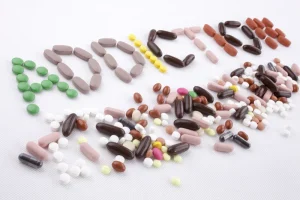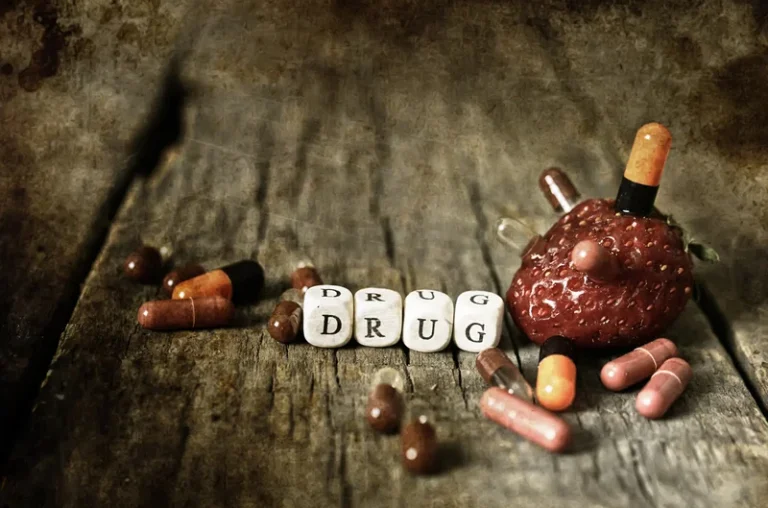
Sarah enjoys helping others using an evidence-based approach that includes an integration of various treatment therapies. Ultimately, what drives Sarah is a desire to help others find a more fulfilling life. The irrational fear or phobia towards consuming alcohol is called dipsophobia. This fear may also arise from a desire for control in social situations where alcohol is present or a heightened marijuana addiction awareness of the potential consequences of excessive consumption, leading to an overwhelming sense of dread. The exact causes of dipsophobia are unknown, but it is believed that genetics and environmental factors play a significant role. Traumatic events related to alcohol can also contribute to the development of this phobia.
- By combining CBT for cognitive restructuring and DBT for emotional regulation, many individuals suffering from dipsophobia have found significant relief from their symptoms.
- The exact causes of dipsophobia, or the fear of drinking, are still not fully understood.
- This treatment involves gradually exposing you to different alcohol-related situations, helping you confront and control your anxiety instead of avoiding it.
- Sarah enjoys helping others using an evidence-based approach that includes an integration of various treatment therapies.
Seeking Professional Help

When we consume a high dose of caffeine, our heart will start to beat faster and we https://ecosoberhouse.com/ become more tense. Essentially, our body will begin to go into a “fight or flight” state of mind. Such a frame of mind is often a precursor for someone with dipsophobia to experience panic attacks. Taking care of your physical and mental well-being is essential when living with Methyphobia. Engage in regular exercise, maintain a balanced diet, and ensure you get adequate sleep. These self-care practices can help manage anxiety symptoms and promote overall well-being.
Physical Symptoms

These distorted thoughts can be so powerful that they disrupt daily routines and social interactions, leading to isolation and further mental health complications. Unreasonable thoughts often arise from questioning assumptions, challenging ingrained beliefs, and thinking outside of conventional frameworks. By allowing ourselves to entertain unconventional ideas, we create space for creativity and breakthrough thinking.
Challenging Alcoholism Stigma: A Path Toward Compassion and Understanding
- It’s ironic that we are culturally conditioned to have a drink to “calm our nerves” because we now know that the opposite can be true.
- Methyphobia, the fear of alcohol, can significantly impact an individual’s life, leading to avoidance of social situations and feelings of isolation.
Dipsophobia is not just a fancy word for “not liking alcohol.” It’s a real phobia that can disrupt daily life and social interactions. Living with dipsophobia can be tough, but don’t worry, there are ways fear of alcohol to cope. From yoga poses to medication, here are some tips to help you manage your fear of alcohol. Tranceform offers various different talking therapies for mental health problems depending on personal preference and type of problem being consulted for.
Methyphobia or fear of alcohol, is an anxiety disorder characterized by intense and irrational fear or aversion towards the consumption, presence, or effects of alcoholic beverages. It can manifest as physical symptoms, avoidance behaviors, and significant distress in social situations involving alcohol. While the exact causes of dipsophobia are unknown, both genetic and environmental factors are believed to play a role.
Join a Support Group

If you take medication for anxiety, or you take anti-inflammatory drugs or narcotics, drinking can cause problems with anxiety. You can become agitated and jittery because your body is busy processing the alcohol, which neutralizes the effect of these medications. We tend to pair up our vices, and not only drink alcohol but also eat highly dense, problematic foods. Your body can have an uncomfortable sensation the next day as a result, which can feel like a nervous energy or anxiety. Even one drink can interrupt the natural cycles of sleep, causing a nervous or irritable feeling the next morning. Alcohol is a mild anesthesia and will put you in the mood for sleep — at least initially.
Symptoms of Elevatophobia

“Dipsa” is also used to form the words “dipsomania” (an abnormal craving for alcohol) and “dipsosis” (a medical condition characterized by abnormal thirst). Individuals are told to focus on the present and be attentive to what is going on around them at the moment. This helps in breaking the link between their mind and any negative thought that might come to them then. Smiling is not that will help one get rid of these unpleasant thoughts, it is the person’s ability to constrain itself from thinking about those thoughts while half smiling.
Therapy and counselling can play a vital role in helping individuals overcome methyphobia by providing a safe and supportive environment to explore their fears, identify underlying triggers, and develop coping strategies. Seeking professional help is essential to address and manage your fear effectively. Treatment options such as Cognitive Behavioral Therapy (CBT), exposure therapy, hypnotherapy, and support groups can provide you with the necessary tools and support to conquer your methyphobia. Individuals with zythophobia may experience similar symptoms and avoidance behaviors as those with Methyphobia.
